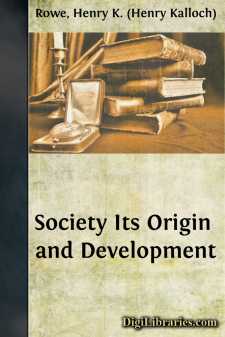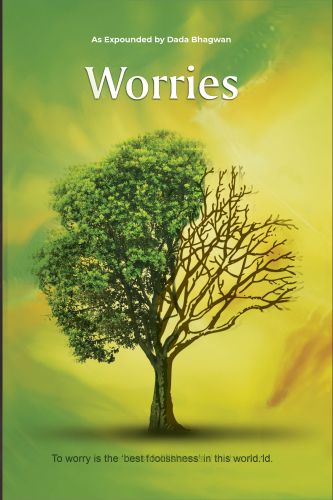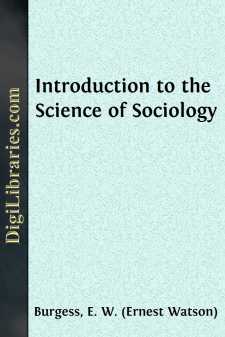Categories
- Antiques & Collectibles 13
- Architecture 36
- Art 48
- Bibles 22
- Biography & Autobiography 815
- Body, Mind & Spirit 144
- Business & Economics 28
- Children's Books 18
- Children's Fiction 14
- Computers 4
- Cooking 94
- Crafts & Hobbies 4
- Drama 346
- Education 58
- Family & Relationships 59
- Fiction 11834
- Games 19
- Gardening 17
- Health & Fitness 34
- History 1378
- House & Home 1
- Humor 147
- Juvenile Fiction 1873
- Juvenile Nonfiction 202
- Language Arts & Disciplines 89
- Law 16
- Literary Collections 686
- Literary Criticism 179
- Mathematics 13
- Medical 41
- Music 40
- Nature 179
- Non-Classifiable 1768
- Performing Arts 7
- Periodicals 1453
- Philosophy 65
- Photography 2
- Poetry 896
- Political Science 203
- Psychology 44
- Reference 154
- Religion 515
- Science 126
- Self-Help 85
- Social Science 83
- Sports & Recreation 34
- Study Aids 3
- Technology & Engineering 59
- Transportation 23
- Travel 463
- True Crime 29
Our website is made possible by displaying online advertisements to our visitors.
Please consider supporting us by disabling your ad blocker.
Society Its Origin and Development
Categories:
Description:
Excerpt
CHARACTERISTICS OF SOCIAL LIFE
1. Man and His Social Relations.—A study of society starts with the obvious fact that human beings live together. The hermit is abnormal. However far back we go in the process of human evolution we find the existence of social relations, and sociability seems a quality ingrained in human nature. Every individual has his own personality that belongs to him apart from every other individual, but the perpetuation and development of that personality is dependent on relations with other personalities and with the physical environment which limits his activity.
As an individual his primary interest is in self, but he finds by experience that he cannot be independent of others. His impulses, his feelings, and his ideas are due to the relations that he has with that which is outside of himself. He may exercise choice, but it is within the limits set by these outside relations. He may make use of what they can do for him or he may antagonize them, at least he cannot ignore them. Experience determines how the individual may best adapt himself to his environment and adapt the environment to his own needs, and he thus establishes certain definite relationships. Any group of individuals, who have thus consciously established relationships with one another and with their social environment is a society. The relations through whose channels the interplay of social forces is constantly going on make up the social organization. The readjustments of these relations for the better adaptation of one individual to another, or of either to their environment, make up the process of social development. A society which remains in equilibrium is termed static, that which is changing is called dynamic.
2. The Field and the Purpose of Sociology.—Life in society is the subject matter of sociological study. Sociology is concerned with the origin and development of that life, with its present forms and activities, and with their future development. It finds its material in the every-day experiences of men, women, and children in whatever stage of progress they may be; but for practical purposes its chief interest is in the normal life of civilized communities, together with the past developments and future prospects of that life. The purpose of sociological study is to discover the active workings and controlling principles of life, its essential meaning, and its ultimate goal; then to apply the principles, laws, and ideals discovered to the imperfect social process that is now going on in the hope of social betterment.
3. Source Material for Study.—The source material of social life lies all about us. For its past history we must explore the primitive conduct of human beings as we learn it from anthropology and archæology, or as we infer it from the lowest human races or from animal groups that bear the nearest physical and mental resemblance to mankind. For present phenomena we have only to look about us, and having seen to attempt their interpretation. Life is mirrored in the daily press....












